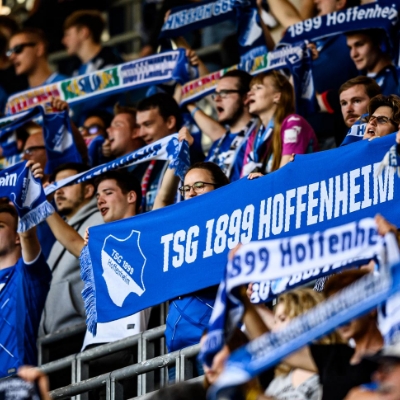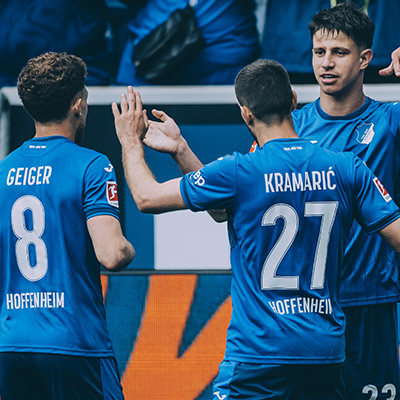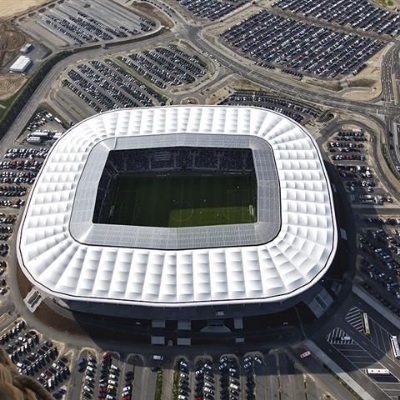How Covid has changed the game
Dr. Meyer, we can now look back on a season that was defined by the Coronavirus pandemic. Almost every game was held behind closed doors. What impact did this have on the game?
''We all missed the fans. That's why we're hoping that spectators will be allowed back in the stadium next season. However, there is no clear indication of how players react to these circumstances. There are a lot of psychological aspects that have to be considered. How do players respond to silence in the stadium? We made the players train with noise in the Footbonaut: a third of players performed better, another third played worse, the final third performed just the same. It's the same with silence. Each player responds in their own way.''
How can you tell the difference?
''Some players are able to concentrate better on their own strengths when there is no noise. There are sports, such as tennis, where it has to be silent while the ball is in play. This suggests that silence leads to better performances in these sports. However, there are also players who need that extra atmosphere to achieve their peak level of performance.''
What can the club do to help all players reach their peak performance in this situation?
''You are always able to decide whether or not a new situation should be viewed as an opportunity or a hindrance. We viewed it as an opportunity. It's then our job to pass this on to the players. Special attention should be given to coaching those players that have a problem with silence. The players' attention should be focused not on the conditions, but rather on their own abilities. Since instructions can be heard particularly well from the sidelines, in-game coaching has become more of a factor than before. You have to know which players need instructions.''
The late start to the season meant players had to play more games in a shorter space of time. To what extent did fatigue become a factor?
''Every player has a different reaction. There is no one-size-fits-all solution for the whole team. Player A may be able to give one-hundred percent in training the day after a game, while player B may require a different training schedule. Individual load management is the magic word. We do a lot of tests to keep a constant eye on each player's data.''
The numbers show that there have been a few statistical changes in the Bundesliga: fewer home wins, fewer red cards, more penalties awarded and more crosses. What are your thoughts?
''From an analytical point of view, it's rather hard to judge after a single season. There isn't enough comparable data for that. That said, the statistics are of course very interesting and they offer a lot of scope for interpretation. For scientifically reliable conclusions, however, more data from a longer period of time would be needed. But, to be honest: we're all hoping that this won't come to pass."


























